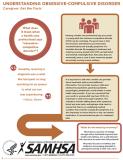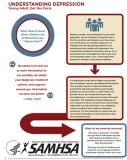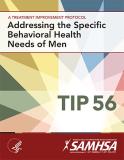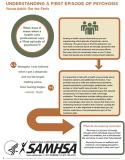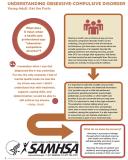
This fact sheet offers young adults information on living with obsessive-compulsive disorder (OCD). It discusses causes of OCD, and approaches to treatment.
Units per Product
Download
Understanding Obsessive Compulsive Disorder Young Adults: Get the Facts
File Type: PDF
File Size: 3.1 MB


